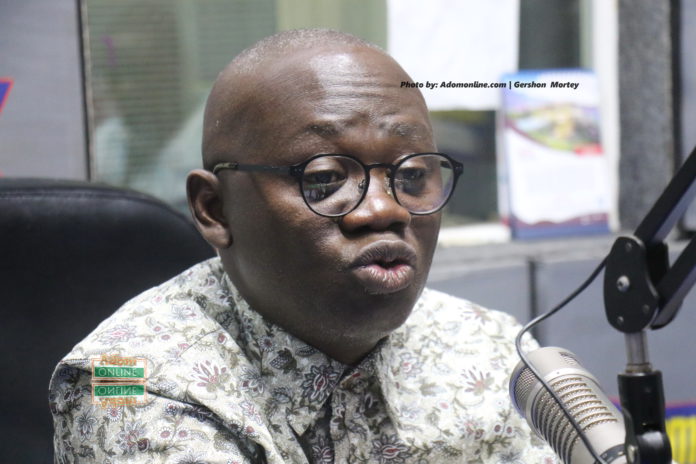The Director-General of the Ghana Education Service (GES), Professor Kwasi Opoku-Amankwa, has said that the service will not rush into re-opening pre-tertiary schools in the midst of the Coronavirus pandemic.
According to him, the GES would act on sound advice by the committee inaugurated to come up with a roadmap towards the resumption of schools.
“The schools will reopen when the committee has made proposals, and the proposals have been accepted. So there is no date for us now, but we know that schools will reopen some time,” Prof. Opoku-Amankwa added.
He was addressing a day’s training workshop on the Secondary School Improvement Project (SEIP), for selected journalists from across the country, here, over the weekend.
Prof. Opoku-Amankwa said following the President’s directive on measures towards reopening schools, the Minister of Education, Dr Matthew Opoku Prempeh, had constituted an eminent body to oversee to a possible resumption of schools.
Rwanda records highest single-day covid-19 cases
The Director-General said even though the resumption of schools was purely an educational matter, it also had health implications due to the pandemic, stressing that “as a result, the committee, which is chaired by a former Minister of Education, Professor Dominic Fobih, has representatives from the Ghana Health Service.”
Prof. Opoku-Amankwa said, “for the re-opening of schools, the President has charged the Minister of Education to work with the Ghana Education Service, and the ministry has constituted a committee to look at that, and we’ve been asked to come out with a programme by September 21, and subsequently it will go to the President for a decision to be taken”.
Touching on the SEIP, the Director-General said it was a $196 million World Bank Credit Facility geared at improving under deprived secondary schools in the country.
The project he said commenced in 2014 and was expected to end in 2021. Prof. Opoku-Amankwa said the main objective of the project was to improve access to secondary education in underserved districts as well as improve on learning outcomes in these schools.
He some secondary schools in the country had not been doing well, affecting the annual school placement system.
“It is important to emphasis that it has become a ritual where just close to about 50 to 60 schools are the ones everyone wants his or her child or ward to attend, and this mounts a lot of pressure on such school,” Prof. Opoku-Amankwa added.
He said the SEIP was meant to help reduce pressures on the top-performing schools by improving infrastructure to make them attractive to students and supporting brilliant but needy students. On the issue of one hot meal for students at the basic and final year students, he said all students, irrespective of whether in public or private school would be covered.
Prof. Opoku-Amankwa said a committee to see to the implementation of the programme had already been constituted, adding that “for the basics schools, their food would be prepared by caterers of the school feeding programme.

